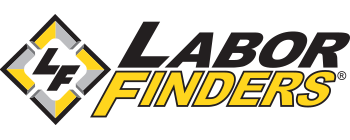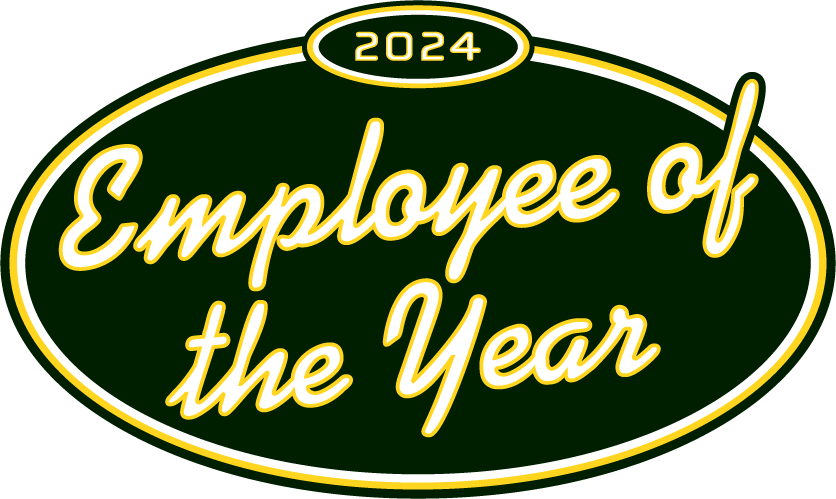-
Job Seekers
X
Job Seekers
Whether you're looking for a temp job or a permanent career, Labor Finders has you covered!
-
Explore
- How it works
- Industries
- Blog
- Locations
- Job Search
You May Also Be Interested In

2024 Employee of the Year
Learn more about our amazing Employee of the Year
-
-
Employers
X
Employers
Let us help you find the workers you need, when you need them.
You May Also Be Interested In

2024 Staffing Trends Quiz
Construction Staffing Trends Quiz
-
Industries
X
Employer Industries
Ready to staff your next project? Our staffing experts has the knowledge and the workers to cater to your unique staffing needs.
In this Section:
Job Seeker Industries
From construction to waste management, we have job openings in whatever industry you’re interested in.
In this Section:
-
About
X
About You
Getting matched to the right job, gaining the flexibility you want, making an impact in your community - at Labor Finders, it’s all about you!
-
You may also be interested in
- About Us
- Job Search Results
- Find an Office
- How it works
- Blog
About Us
With almost 200 offices nationwide, we’ve been putting people back to work for over 40 years. See why we’re a leader in the blue-collar staffing industry.
-
You may also be interested in
- About Us
- Media Center
- Video Library
- Leadership Team
- Careers
- In The Community
- History
-
- Location
Employment Readiness
5 Great Career Options for Electricians
 Whether you’ve been an electrician for a long time and are looking for a change or someone thinking about entering the field, there are many career options in this profession. Here are five of them to know about now.
Whether you’ve been an electrician for a long time and are looking for a change or someone thinking about entering the field, there are many career options in this profession. Here are five of them to know about now.
Line Repairmen & Installers
The men and women you see working on truck mounted buckets on overhead lines are line repairmen and installers. In this line of work, you’ll apply your electrician skills to electrical and telecommunication systems. Inspecting, testing and repairing lines, operating power equipment and setting up service for customers are just a few of the job responsibilities. Electrical power-line workers maintain the overhead lines that deliver power from the plants to customers, often dealing with voltage regulators, transformers, and even traffic lights. If you go the telecommunications route, you’ll be installing, repairing and even splicing fiber optic cables that transmit phone, cable and internet signals either overhead or underground.
Maintenance Electrician
If you prefer working inside, this career path may be for you. From repairing faulty parts to doing routine inspections, maintenance electricians play an integral part in making sure the equipment and systems in industrial plants run smoothly. They will be called on to repair and diagnose any mechanical problems. The skills you learned as an electrician will be very useful in fixing electrical wiring as well as installing new equipment according to blueprints and local code. Because this position requires extra technical skills, an associate’s degree in electronics is often needed to become a maintenance electrician.
Electrical Estimator
The career ladder for an electrician doesn’t end when you reach the Master’s level – becoming an electrical estimator is a senior level career option. These workers consult with contractors and other senior construction staff before and during a construction project. They help generate cost estimates, analyze quotes and examine blueprints to make sure that anything related to electrical systems are in order. Aside from electrical experience, you’ll need a bachelor’s degree as well as any state-required certifications to become an estimator.
Electrical Drafter
While general electricians may work off of blueprints, electrical drafters are the ones who actually draw those blueprints. Electrical drafters take the measurements and sketches from other workers like engineers and architects and create the technical drawings for an electrical system that needs to be built for a project. Once these blueprints are done they may be called back to give their input on improvements or create manuals that maintenance workers can use. If this line of work interests you, there are certificate and associate degree programs you can take that can help get your foot in the door.
Electrical Supervisor
As an electrical supervisor, you would be the person in charge of a team of electricians on a job site. Aside from doing actual electrical work such as assisting workers with installations and repairs, electrical supervisors are also responsible for setting schedules, assigning work, training employees and making sure the project stays on track. Those who go into this career either have an associate’s or technical degree as well as experience with different types of electrical tools, equipment and safety procedures.
Ready for your next electrician job? Click here for the latest job openings.















